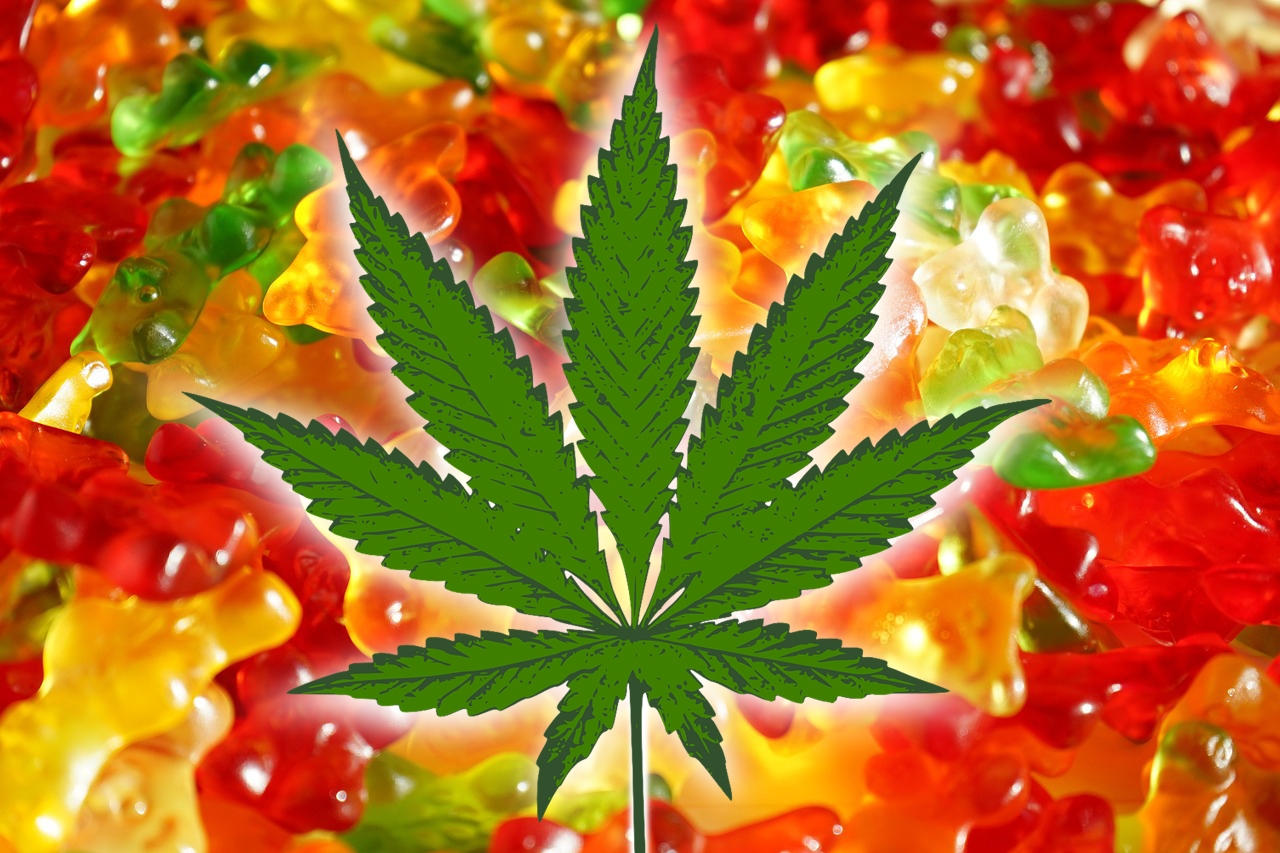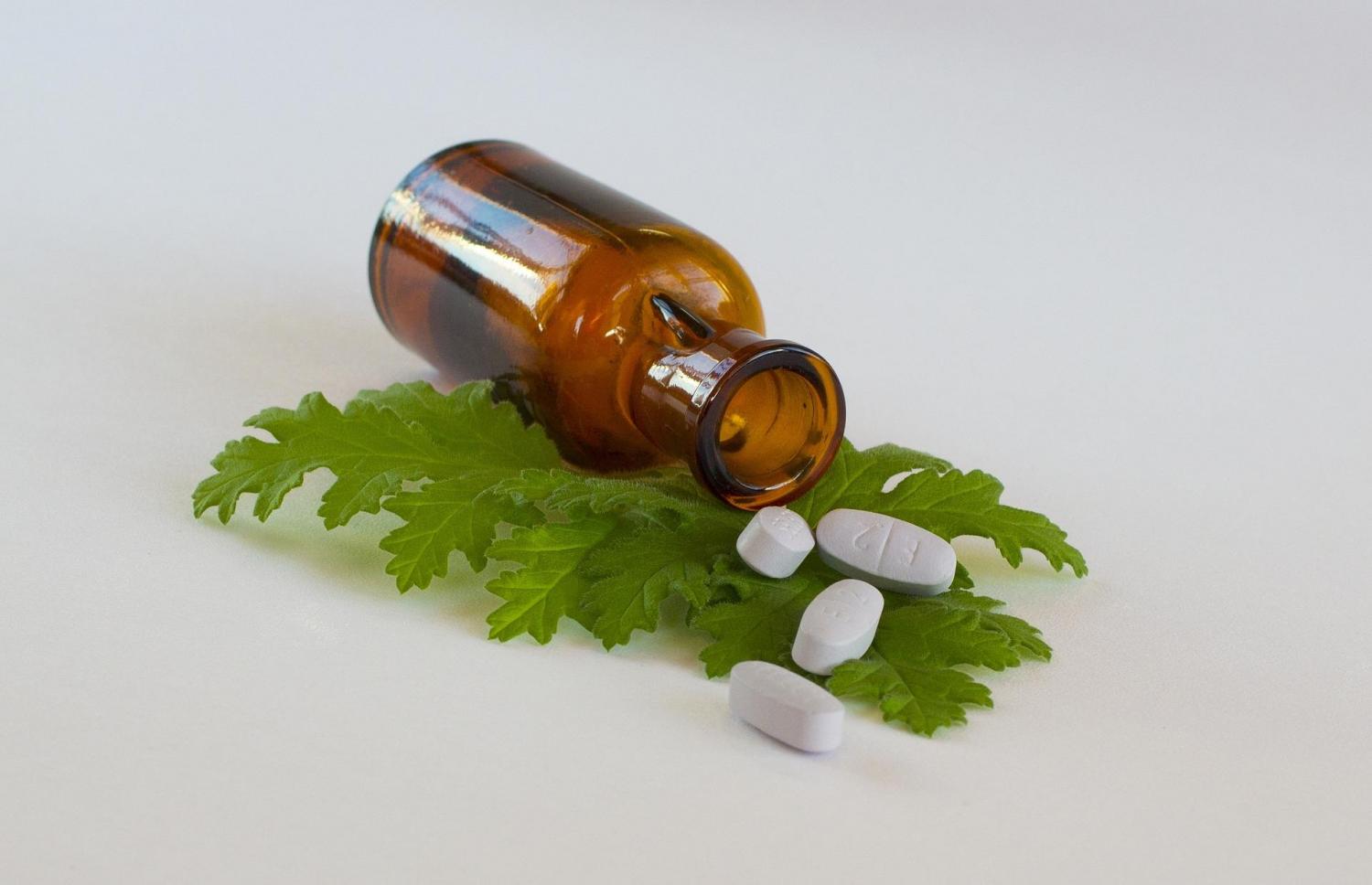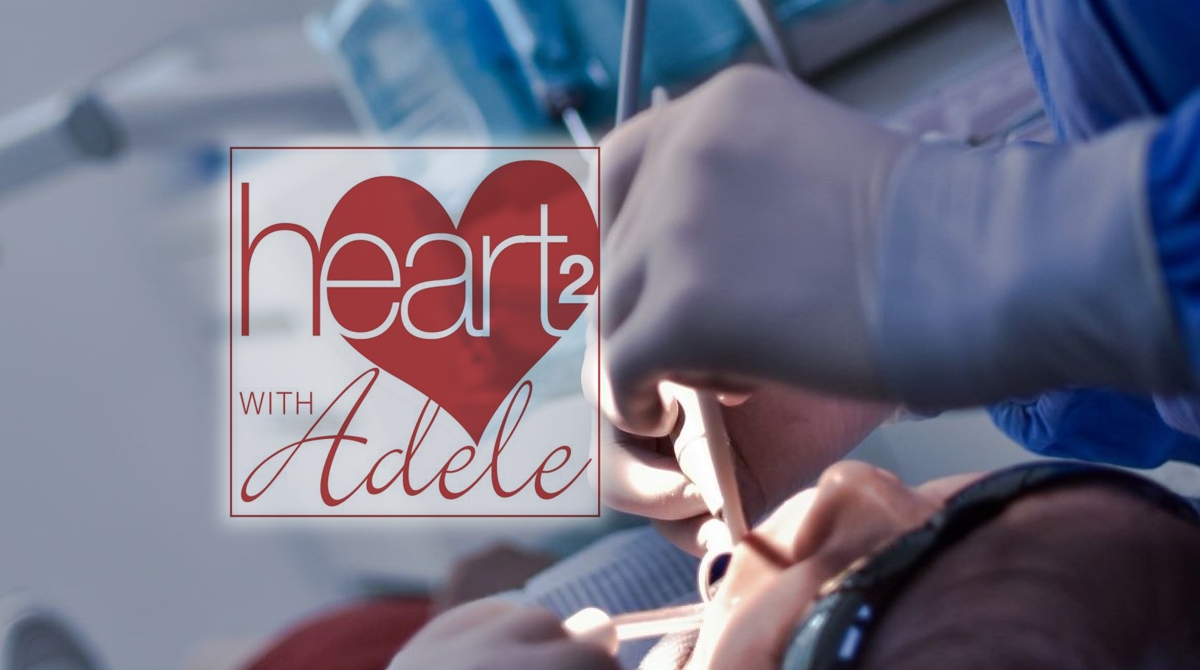
Should federal employees be allowed to use CBD gummies
The Farm Bill of 2018 was supposed to clear up everything. Industrial hemp and its derivatives, notably CBD, became legal as a result of the bill. Companies immediately went to work getting more products on the market to meet the new demand, and consumers started buying them faster than manufacturers could make them. People who were already using CBD to relieve their symptoms could breathe a little easier, knowing they were not breaking any laws. And people who had heard of the benefits of CBD were free to experiment and see if CBD was right for them.
There is just one problem. Not all federal agencies are on the same page. The Food and Drug Administration still asserts that CBD cannot be sold in food products or as a supplement. CBD is only approved in the drug called Epidiolex, which is used for very specific types of epilepsy. So, technically, many CBD products are on shaky ground.
Most federal agencies have released a statement to their employees making their position clear on the use of CBD in the workforce, but they do not all align. For example, NASA seems to be more concerned with THC showing up in the drug tests of people who thought they were just taking CBD, but The Department of Defense and the US Navy both stated that the use of CBD is strictly prohibited, regardless of its legal status. On the other side of the aisle, senators and congressmen are taking their CBD gummies to work and bragging about how great they are.
So what’s the deal? If CBD is technically legal on a federal level, why is there more confusion than ever about who can take CBD, and in what form? And why are federal employees still (mostly) banned from taking it altogether?

Lack of FDA Regulation Means Potentially Illegal Amounts of THC
By federal law, industrial hemp—used to make most CBD—must be comprised of 0.3 percent THC or less. But no one is certifying the amount of THC present in any of the hemp currently being grown, and hemp cannabinoids are wildly variant based on the strain and growing conditions. So as of right now, it is up to each individual company to certify its product’s cannabinoid content. This can be a rather expensive process, with testing required by a third-party lab for each batch of CBD.
While reputable companies like Verma Farms invest in certifying the cannabinoid content in their CBD gummies and all of their other products, many other companies skip this step to save time and money. This results in inconsistent amounts of CBD and THC in supposedly legal hemp products. CBD brands that do not test their CBD gummies for potency end up with inaccurate labeling. Most of the time it just means that the gummies do not have as much CBD as advertised. But sometimes this means more THC than intended.
Regardless of where you live and what your beliefs are about THC, it is still illegal on a federal level. And this is where concern over federal employees taking CBD comes into play. most federal agencies seem to be mainly concerned with their employees accidentally ingesting THC present in CBD products. THC, not CBD alone, will lead to a failed drug test.
Confusion over CBD Isolate, Broad-Spectrum, and Full-Spectrum CBD
Another subject that causes confusion for the government and consumers alike, is the form of CBD being used. Even when there are third-party lab results readily available, different forms of CBD have different amounts of THC, and labeling doesn’t seem to make things any clearer. This confusion has likely led to most instances of unintended THC ingestion and subsequent drug screening failures. The current drug screens generally only pick up THC, so chances are, federal employees can’t be tested for CBD anyway.
Products that are labeled as CBD isolate are free of THC and all other cannabinoids. These are the only CBD products that will not show up on a drug test. Unless the federal government changes something about their drug screenings, CBD isolate products should be safe to take. You just need to make sure the third-party lab results indicate that there was no THC detected in batch testing.
Broad-spectrum CBD oil and gummies probably cause the most confusion, as brands typically advertise that their products are free of THC. The problem with this claim is that the extraction process keeps all other cannabinoids intact, which makes it impossible to completely remove all traces of THC. It is entirely possible to take gummies that claim to be free of THC but are not.
Full-spectrum CBD brands make no claim about being THC free. They intentionally maintain all cannabinoids present in the hemp the CBD is derived from.
Conclusion
Federal employees would like to be able to treat their symptoms with CBD while maintaining their employment status. CBD is a natural, non-addictive, non-psychoactive substance that can treat a wide range of symptoms and diseases, including chronic pain, IBD, anxiety, neurodegenerative disorders, and even cancer.
The main concern among federal agencies appears to be exposure to THC, which for now, is still federally illegal. But if the FDA can get it together and define some regulations that will help monitor and certify the amounts of THC present in CBD products, accidental THC should not be a problem. At the very least, federal agencies need to trust employees to take responsibility for their own CBD intake.
In the meantime, federal employees may consider looking into taking CBD isolates, because they will not show up in current drug screenings. Unless they bring their CBD stash to work and share them in the breakroom, they should be able to treat symptoms and remain under the radar.









